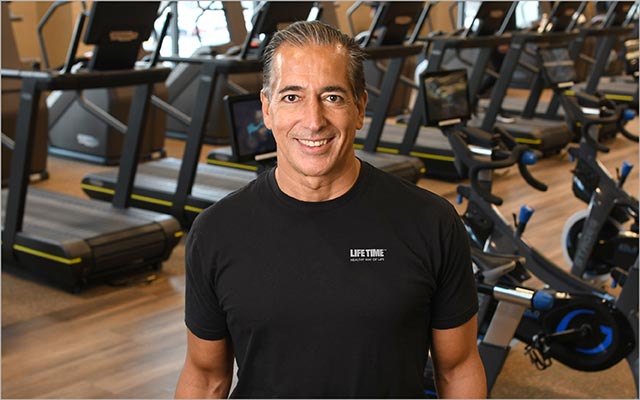In the field of engineering, the concepts of optimization and minimization are central, with principles like the shortest distance between two points is a straight line, and the most logical, elegant solutions are generally the simplest.
One of nature’s laws, however, is that the more complex things become, the greater the chance of encountering inefficiencies and confusion. Perhaps that’s why Albert Einstein believed that things should be as simple as possible, but no simpler.
That is still wise counsel for virtually any situation or decision, yet it seems that humans, as a species, are hardwired to do the opposite. Every day — with more data, information, and global knowledge at our fingertips — we constantly make simple things more complex.
In our work lives, for instance, we’re surrounded by processes and other people. Process, while intended to streamline, can be easily bogged down by red tape and bureaucracy. Even the most eager and curious among us can get caught up in complexities, becoming confused or paralyzed, and repeating familiar patterns even if they’re no longer working.
Without a constant focus on how to move things from point A to point B, it’s difficult to progress.
Think about our health, and nutrition, in particular. The basics are clear: Stick to fresh, whole foods. Strive for variety and balance. Eat plenty of plants. Avoid artificial ingredients, refined sugars, and preservatives.
Yet we often get distracted by macronutrients, calories, milligrams, point systems, and trendy diets. We get frustrated that nothing is working as we move from one weight-loss program to the next.
“If there’s a goal you want to attain, or a change or decision you’re ready to make in your life, start by identifying where you are and where you want to be.”
We see it time and again: After years of grappling unsuccessfully with diets, a person finally embraces a super-simple, nutrition-boosting, crud-clearing approach and starts seeing results. With these fundamental elements in place, we allow the body to fire up its metabolic engines and engage its naturally extraordinary healing capacities.
It’s this kind of logic that’s applicable to so many things we want to accomplish. If there’s a goal you want to attain, or a change or decision you’re ready to make in your life, start by identifying where you are and where you want to be. Then, draw a straight line between those two points.
In essence, this means starting with the end goal and working backward as directly as possible to where you are. Note the functional problems that will need to be solved, and watch for unnecessary material and moving parts that can be eliminated.
There will be challenges and obstacles, and you’ll inevitably end up off course at times. But if you keep course-correcting and tackling the next problem, simply and clearly, you’ll make progress toward your destination — and learn plenty along the way.
You may even discover that you’re more satisfied with how things are going when you’re intentional about how and where you’re exerting your energy and attention. Simple questions like “Does it have to be so complicated?” and “Do I really need more?” can help relieve the pressure on our personal time, as well as the finite resources our world provides.
The marvel of this planet is that it allows us to be both stewards and students: At the same time that we do our best to care for it, the natural world gives us all sorts of reminders of the brilliance of simple efficiency: As seeds are planted and buds burst forth each spring, we observe one of the most beautiful examples of moving from point A to point B.






This Post Has 3 Comments
Great read, thank you.
#truth
Beautifully said.